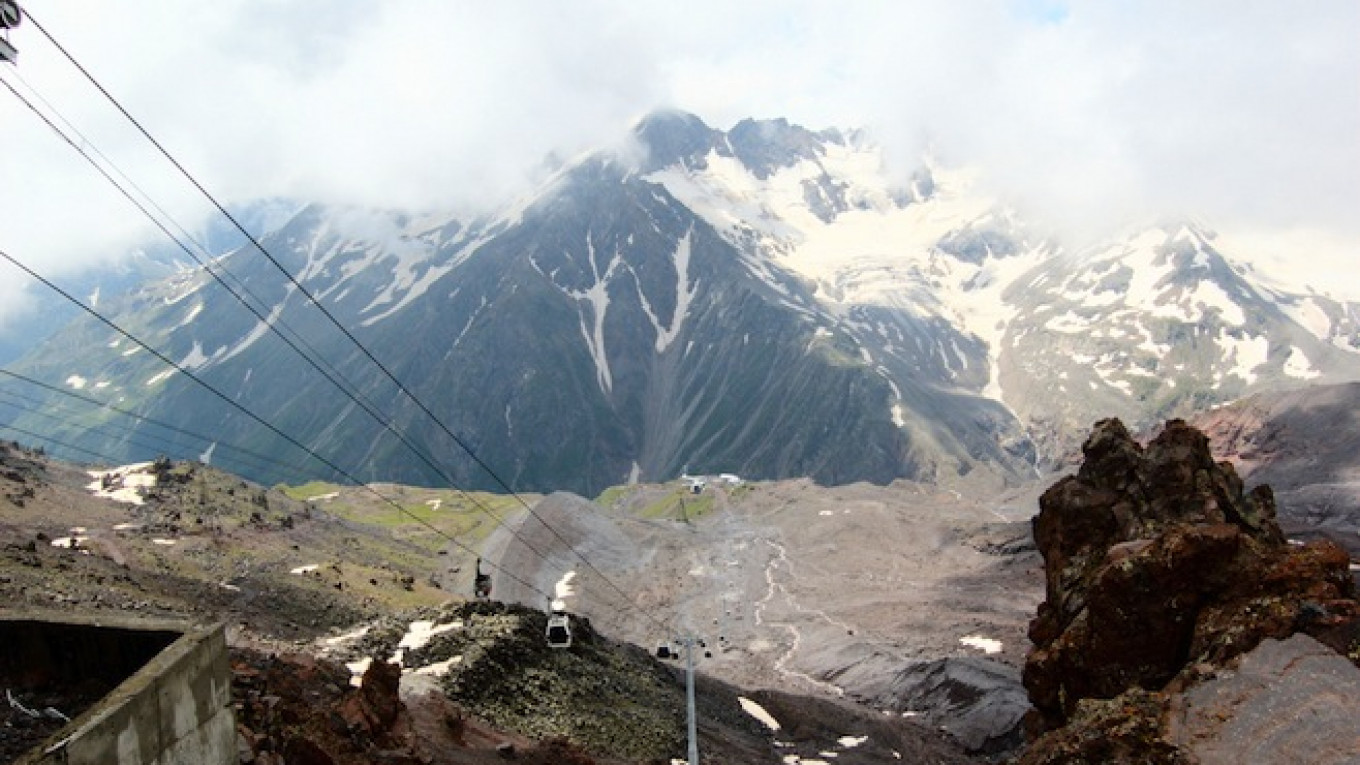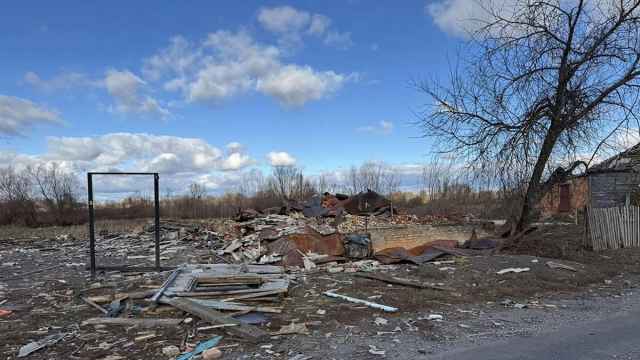An accomplished Russian alpinist has gone missing on the country's highest mountain, authorities in the republic of Kabardino-Balkaria said Wednesday.
Leila Albogachiyeva, the first Russian woman to have ascended Mount Everest twice, has been missing since Monday after she failed to return to the Terskol valley during her descent from Mount Elbrus, the regional Interior Ministry said in an online statement.
A team has been organized to scour Mount Elbrus — also the highest peak in Europe — in search of Albogachiyeva, but strong winds and heavy snow had hindered rescue efforts over the past two days, the ministry said.
The experienced climber's belongings were discovered by fellow alpinists from the city of Nizhny Novgorod.
Albogachiyeva, who has climbed Mount Elbrus twelve times in her career, is thought to have taken a wrong turn because of inhospitable weather conditions on the mountain.
She had not provided her itinerary to Mount Elbrus' search and rescue team ahead of her climb, which also complicates their efforts to locate her, according to authorities.
A Message from The Moscow Times:
Dear readers,
We are facing unprecedented challenges. Russia's Prosecutor General's Office has designated The Moscow Times as an "undesirable" organization, criminalizing our work and putting our staff at risk of prosecution. This follows our earlier unjust labeling as a "foreign agent."
These actions are direct attempts to silence independent journalism in Russia. The authorities claim our work "discredits the decisions of the Russian leadership." We see things differently: we strive to provide accurate, unbiased reporting on Russia.
We, the journalists of The Moscow Times, refuse to be silenced. But to continue our work, we need your help.
Your support, no matter how small, makes a world of difference. If you can, please support us monthly starting from just $2. It's quick to set up, and every contribution makes a significant impact.
By supporting The Moscow Times, you're defending open, independent journalism in the face of repression. Thank you for standing with us.
Remind me later.






